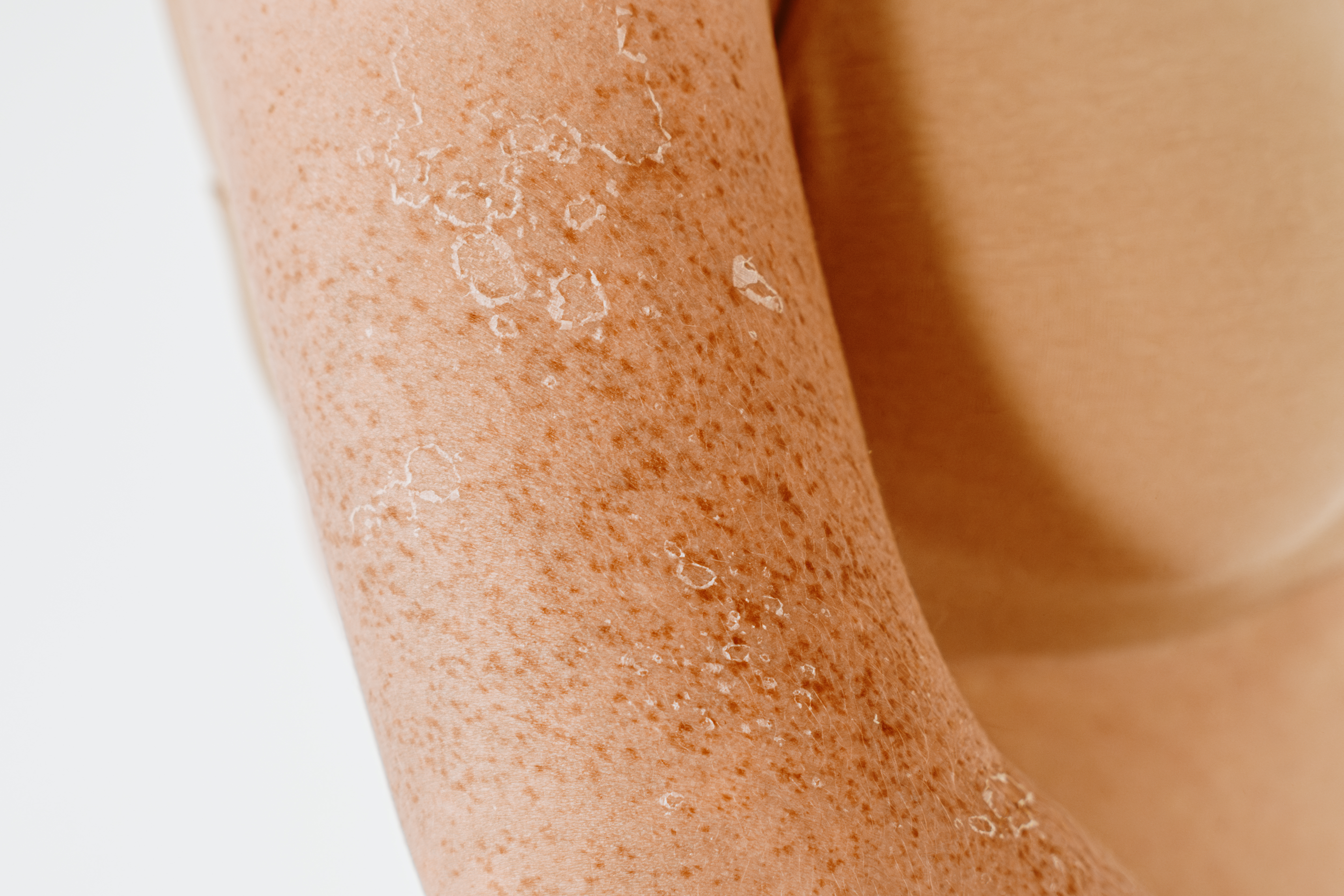Signs Your Skin Problems Might Be Something on the Inside
3. Stress and Skin: The Psychological Connection

Chronic stress is a silent saboteur of skin health. The body's response to stress involves the release of cortisol, a hormone that can exacerbate skin conditions by increasing oil production and inflammation. Stress can also disrupt sleep patterns, leading to dull, tired-looking skin and slower healing of existing skin issues. Mindfulness practices such as meditation, yoga, and deep-breathing exercises can help manage stress levels, promoting better skin health. Recognizing the signs of stress-related skin problems is crucial for addressing the root cause and implementing effective stress management strategies.
4. Nutritional Deficiencies: The Skin’s Cry for Essential Nutrients

Nutritional deficiencies can manifest visibly through the skin, as it relies on a steady supply of vitamins and minerals to maintain its health. A lack of vitamin A can lead to dry, flaky skin, while insufficient vitamin C levels may result in slow wound healing and a dull complexion. Omega-3 fatty acids are essential for maintaining the skin's lipid barrier, preventing moisture loss and inflammation. By ensuring a balanced diet rich in essential nutrients, individuals can support their skin's structural integrity and overall health, reducing the likelihood of nutrition-related skin issues.
